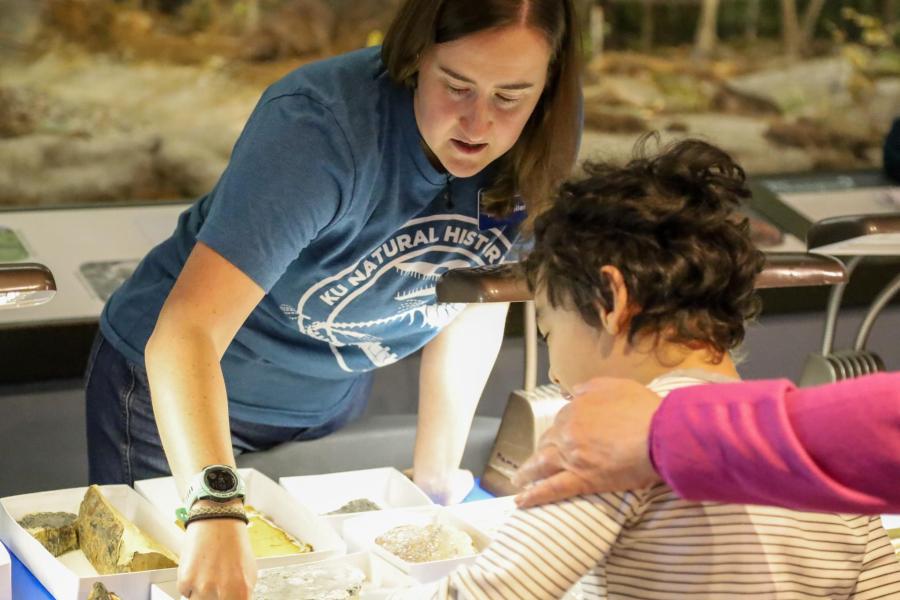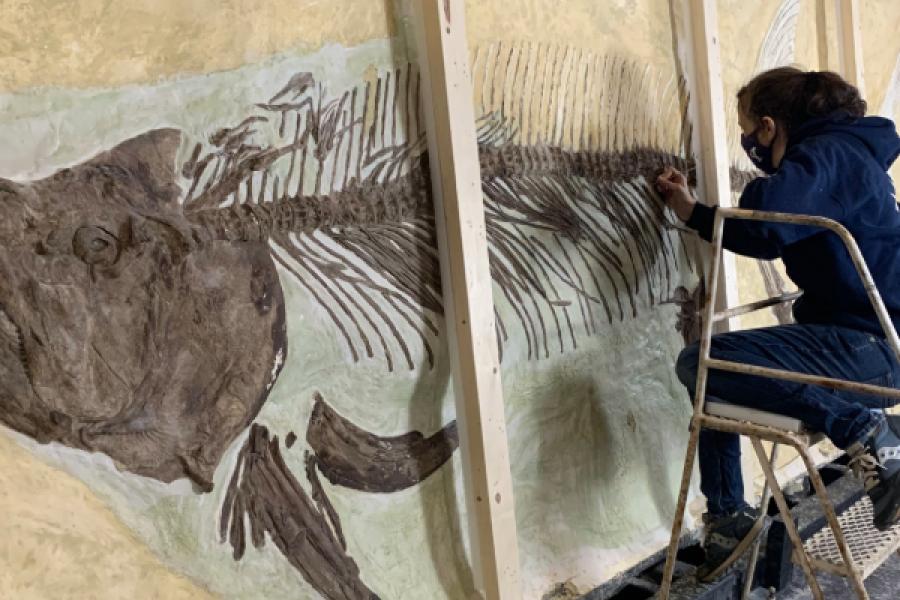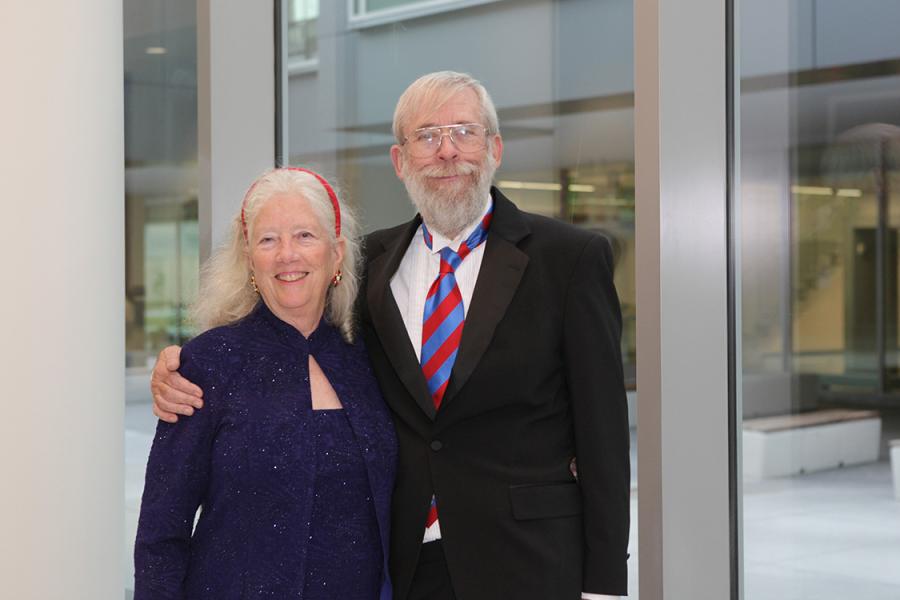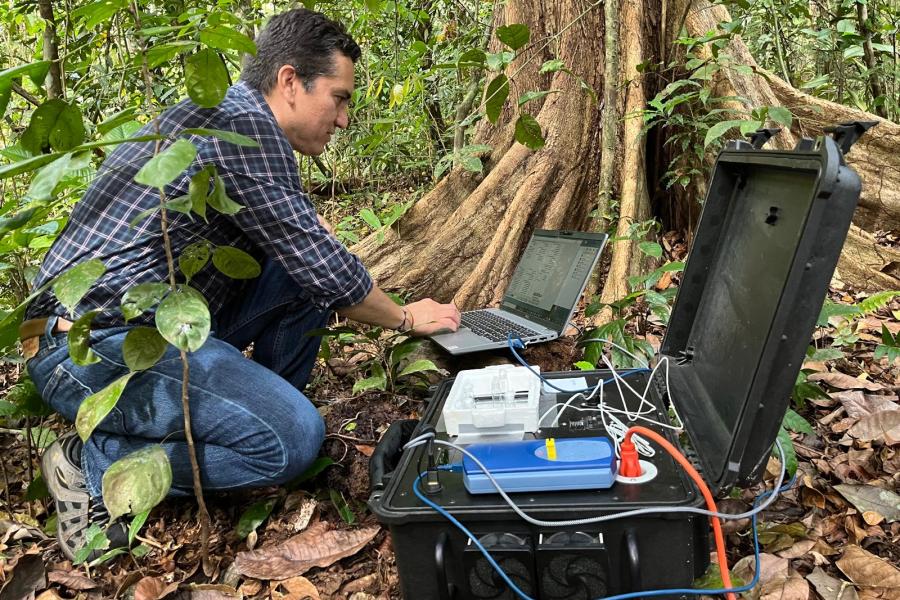
Biodiversity Institute & Natural History Museum
We study past and present life on Earth to educate, engage and inspire.
Natural History Museum
Museum Hours & Admission
Tuesday-Saturday: 9am-5pm
Sunday: 12pm-4pm
Closed on Mondays
Admission is a suggested contribution of $7 per adult and $4 per child. KU students and members are free. All proceeds support the museum.
Sunday: 12pm-4pm
Closed on Mondays
Admission is a suggested contribution of $7 per adult and $4 per child. KU students and members are free. All proceeds support the museum.
Location & Contact Info
Dyche Hall
1345 Jayhawk Blvd
Lawrence, KS 66045
Phone: 785-864-4450
Email: biodiversity@ku.edu
1345 Jayhawk Blvd
Lawrence, KS 66045
Phone: 785-864-4450
Email: biodiversity@ku.edu
Membership
Support the KU Natural History Museum with a Museum Membership and enjoy benefits at the museum and at 300+ institutions around the country!
Panorama Newsletter
Keep up with the latest news, events, and more by subscribing to the Panorama Newsletter, a monthly email from the KU Biodiversity Institute and Natural History Museum.
Natural History Museum
The KU Natural History Museum is home to four floors of public exhibits including the historic Panorama, live snakes and insects, vertebrate and invertebrate fossils, flora and fauna of the Great Plains and more.

Biodiversity Institute
The KU Biodiversity Institute is an internationally recognized center for research and graduate student education in evolutionary biology, systematics and biodiversity informatics, with curated collections of over 11 million plant, animal and fossil specimens and 2 million cultural artifacts.







